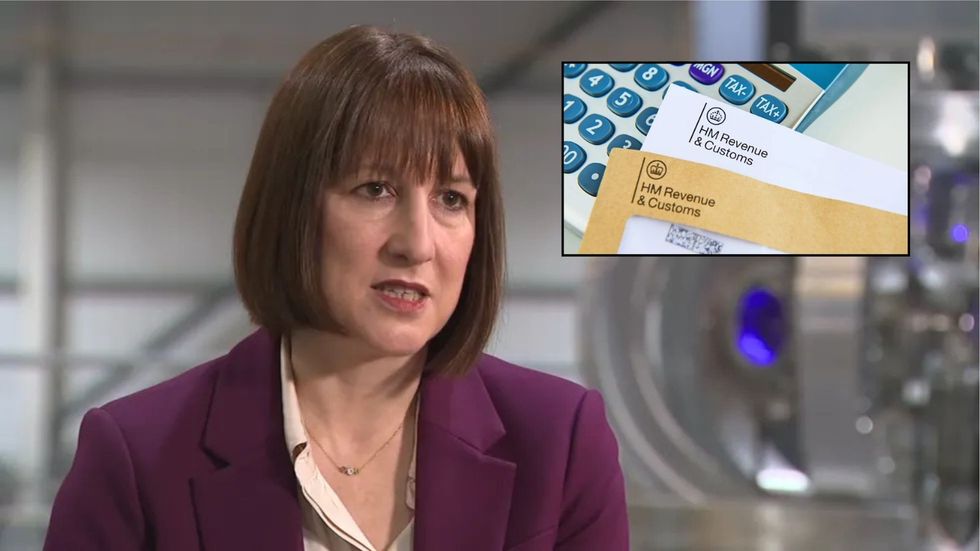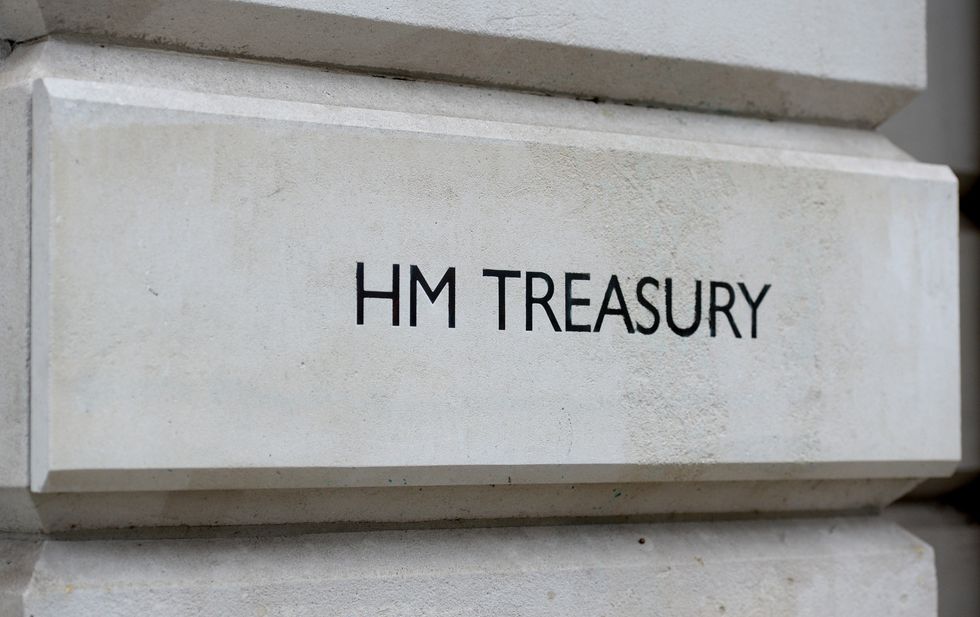A leading international economic organisation has warned that the global era of reduced taxation has come to an end.
The Paris-based Organisation for Economic Cooperation and Development (OECD) said governments began reversing pandemic-era tax reductions two years ago, with the trend now firmly established.
Its latest analysis shows member states are implementing revenue-raising strategies to cope with surging spending demands.
The organisation stated: “High levels of debt coupled with significant emerging spending needs relating to climate change, ageing and, in some countries, increased defence spending, has meant that jurisdictions of all income levels have adopted strategies to mobilise more revenues.”
Do you have a money story you’d like to share? Get in touch by emailing money@gbnews.uk.
The OECD said governments are combining direct tax rises with the scaling back of generous reliefs introduced during the Covid crisis.
Britain has already taken steps in this direction, with the Chancellor announcing tax changes worth £40billion in the most recent Budget.
The OECD highlighted Rachel Reeves’s focus on capital gains tax, employer national insurance contributions and inheritance tax, as well as the new VAT levy on private schools.
But economists warn that the Treasury still faces a large funding gap.
Experts suggest the shortfall could reach £50billion, prompting speculation that further tax increases will be needed.
The Chancellor’s initial package of measures is viewed by analysts as insufficient to address Britain’s structural fiscal challenges.

Treasury sources say additional revenue options are under active consideration.
Areas reportedly being examined include changes to pension taxation, revisions to stamp duty, new rules on rental income and possible windfall taxes on bank profits.
Officials are also said to be weighing an extension of the income tax threshold freeze.
This would increase the overall tax burden through fiscal drag as wages rise with inflation.
Such measures come despite Labour’s manifesto pledge not to increase income tax, national insurance or VAT.
Ministers argue the £25billion rise in employer national insurance is consistent with this promise as it does not directly affect take-home pay.

However, critics claim the move is already leading to higher unemployment by raising business costs.
The business community has warned that further increases on employers could damage growth.
Rain Newton-Smith, chief executive of the Confederation of British Industry, said in a recent article: “The time for tinkering is over.”
She urged the Chancellor to avoid “slavish adherence” to pre-election promises at the expense of economic expansion.
Industry leaders favour revisiting the pledge to shield personal taxation rather than imposing more costs on companies.
They argue that repeated tax rises on businesses will undermine investment, competitiveness and job creation.
The CBI’s intervention reflects mounting concern in boardrooms about the government’s fiscal strategy.
Corporate leaders fear that placing political commitments ahead of growth could weaken the economy and reduce the tax base in the long term.
Investment bank Goldman Sachs has also raised doubts about the approach.
Its economists said: “Spending-based fiscal consolidations usually improve deficits more sustainably than tax-based adjustments.”
The analysis suggested expenditure cuts would be more effective than tax rises in restoring balance to the public finances.
But the bank acknowledged that “politically difficult” spending reductions may prove hard to deliver.
LATEST DEVELOPMENTS:
- HMRC issues urgent warning to British drivers ahead of fresh tax changes launching soon
- High street in danger as 400 big stores at risk of closure over Labour’s planned tax hikes
- UK economic growth FLATLINES in hammer blow to Labour’s core

Labour’s recent decision to abandon welfare reform proposals illustrates the challenges of cutting expenditure.
Goldman Sachs therefore expects the Treasury to press ahead with “sizeable tax increases” as the more politically feasible option.
This forecast aligns with market expectations that the government will continue to rely on new taxes rather than significant spending restraint.
The OECD report underscores how Britain’s fiscal choices fit into a wider global shift towards higher taxation.
Governments across advanced and emerging economies are turning to new levies to address debts and rising long-term costs.
For the UK, this suggests the likelihood of further revenue measures in coming Budgets despite ministers’ repeated pledges to protect households.







Follow